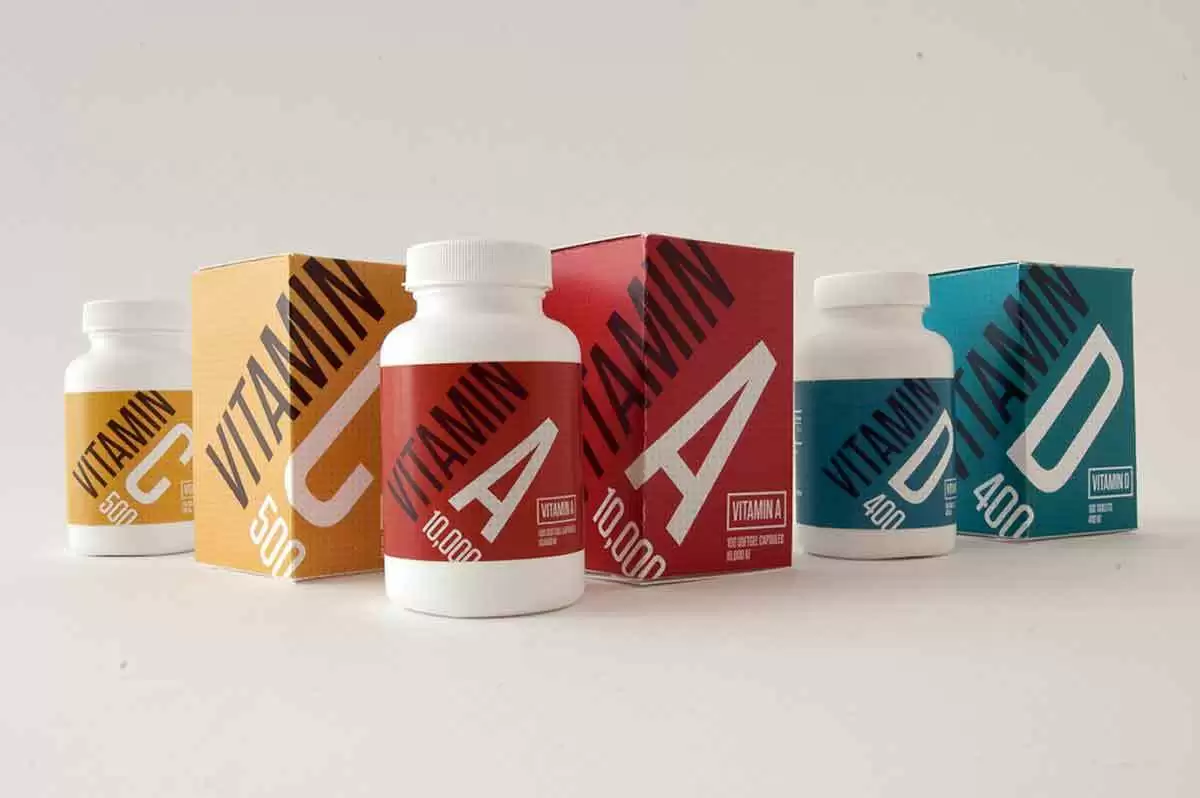
Celiac.com 08/23/2021 - Ever worry about whether your doctor is properly knowledgeable about the risk of nutritional deficiencies for celiac patients on a gluten-free diet?
A gluten-free diet offers the best symptom relief for patients with celiac disease, but a number of researchers and nutritionists have expressed concern about the potential for nutritional deficiencies for some patients. A team of researchers recently set determine how well medical students and healthcare professionals in Poland understand nutritional deficiencies, and the prevention of such deficiencies, in celiac patients on a gluten-free diet.
Celiac.com Sponsor (A12):
The research team included Łukasz Dembiński, Artur Mazur, Mariusz Dąbrowski, Teresa Jackowska, and Aleksandra Banaszkiewicz. They are variously affiliated with the Department of Pediatric Gastroenterology and Nutrition, Medical University of Warsaw in Warsaw, Poland; the College of Medical Sciences, University of Rzeszow in Rzeszów, Poland; and the Department of Pediatrics, Center of Postgraduate Medical Education in Warsaw, Poland.
Because many gluten-free foods are high in fat, sugar and salt, and also have insufficient amounts of fiber, iron, vitamin D, and calcium, celiac patients on a gluten-free diet may be at risk for nutritional deficiencies. Nearly half of the 430 of the survey subjects did not realize that celiac patients may face a higher risk of nutritional deficiencies. The knowledge of those surveyed was lowest regarding the risk of celiacs being overweight or obese.
Just over one in three of the healthcare professionals surveyed gave provided sufficiently correct answers, with the dietitians doing the best overall. The team's finding show that improvement is warranted in the education of healthcare professionals regarding nutrition in celiac patients on a gluten-free diet.
Because celiac patients need prompt, proper treatment, and monitoring by health professionals, it is crucial that those professionals be properly educated on the issues and challenges faced by people with celiac disease, especially those on a gluten-free diet.
Stay tuned for more on this and related stories.
Read more in Nutrients 2021, 13(6), 1771










Recommended Comments
Create an account or sign in to comment
You need to be a member in order to leave a comment
Create an account
Sign up for a new account in our community. It's easy!
Register a new accountSign in
Already have an account? Sign in here.
Sign In Now